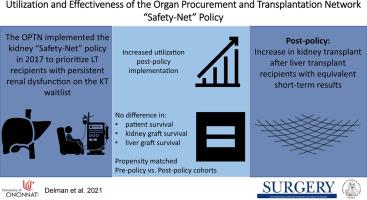Understanding Marriage and Work Penalties
Safety net programs play a critical role in supporting low-income families, but they can also impose penalties that affect marriage and employment opportunities. These penalties create a complex web of disincentives that often leave couples and individuals feeling trapped in a cycle of poverty.
The Marriage Penalty
When low-income individuals or families choose to marry, they may inadvertently jeopardize their financial stability. The marriage penalty occurs when a couple’s combined income exceeds the thresholds set by safety net programs, making them ineligible for crucial assistance.
Consequences of Work Penalties
Alongside the marriage penalty, work penalties can hinder the employment prospects of safety net recipients. Individuals may find that accepting a higher-paying job leads to a loss of benefits that are essential for their day-to-day survival, creating a disincentive to improve their economic situation.
Addressing the Issues
To combat the negative impacts of these penalties, it is crucial to reform the existing safety net structures. Policymakers need to consider adjustments that allow for increased income without the immediate loss of benefits to create a more supportive environment for families.
The Role of Advocacy
Advocacy groups are working tirelessly to address these issues and push for policy changes. Initiatives aimed at raising awareness could improve understanding of how these penalties affect individuals’ lives, pushing for a more equitable safety net system.
Conclusion
Addressing the marriage and work penalties faced by safety net recipients is essential for fostering economic mobility. For more in-depth insight on this pressing issue, you can read the full article at Spotlight on Poverty.

